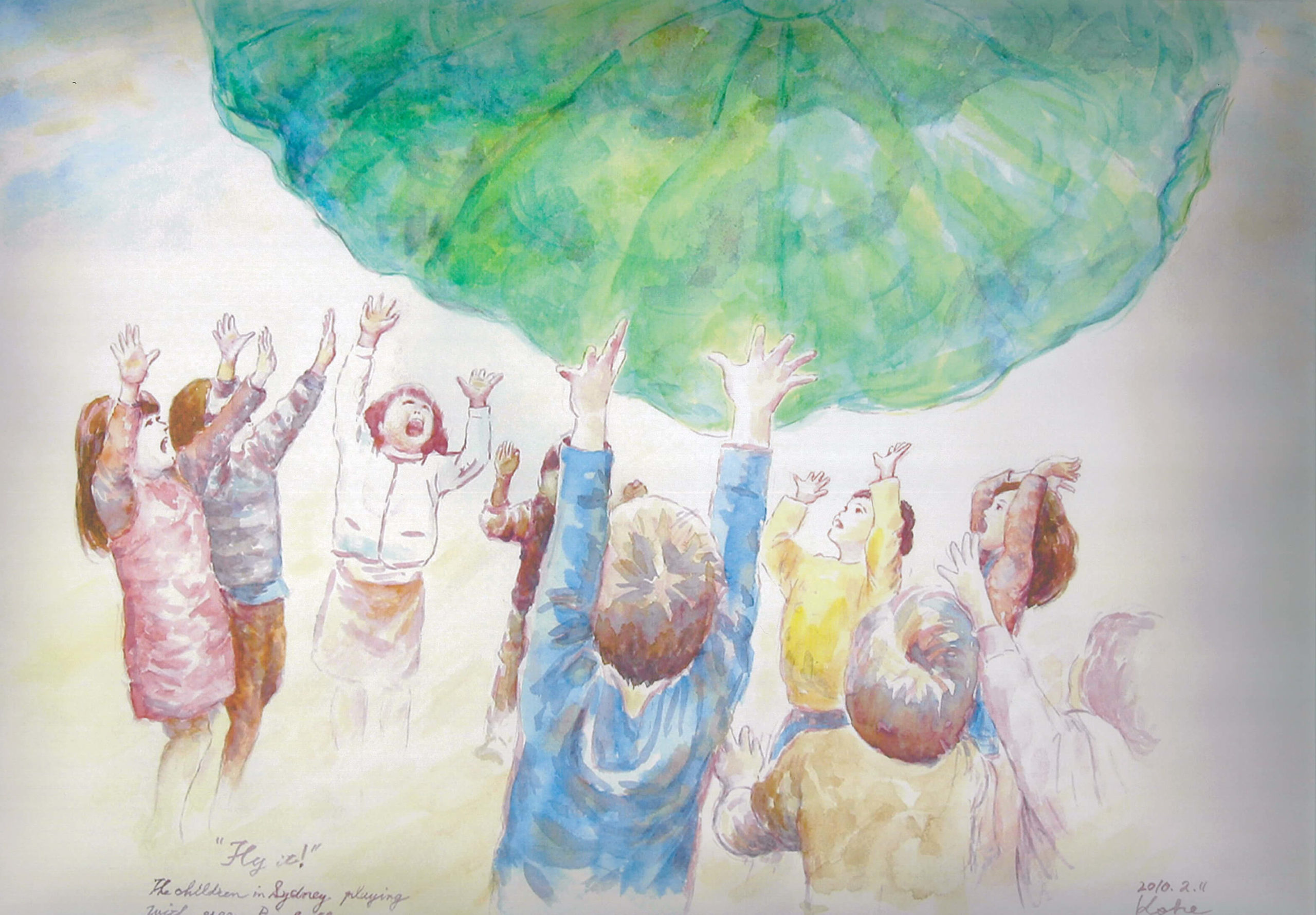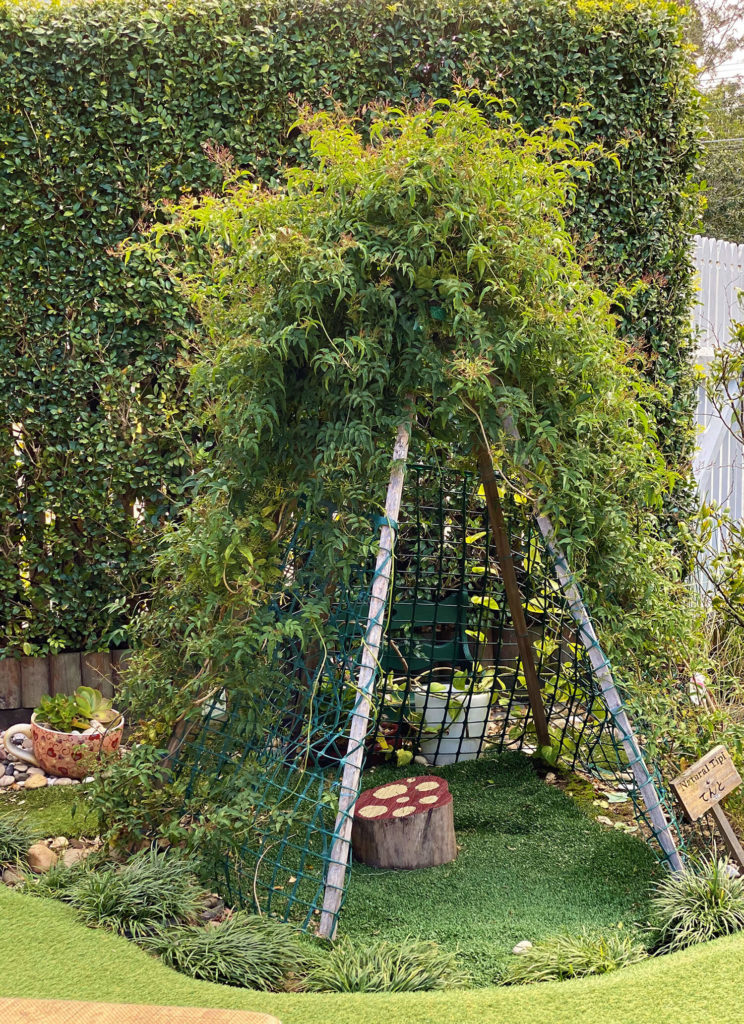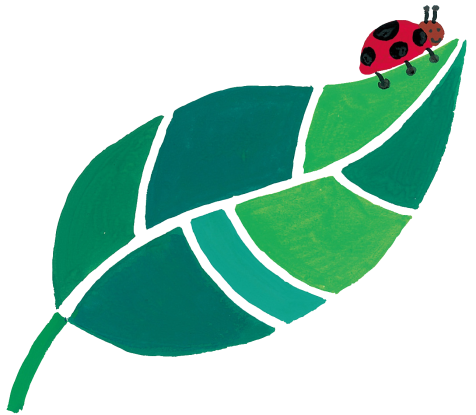Environment & Learning

The design of the building reflects Japanese architecture, open spaces filled with natural light and fresh air through high led light windows. Three classrooms are separated for younger to older children with inspiring spaces to interact, connect and learn. Glass doors and windows of the classrooms open to a level outdoor area with inspiring gardens. Each classroom has a piano, which inspires children’s imagination in a range of musical experiences. One piano is an antique piece that has been part of the Centre identity for many years. Purposeful selection of resources and equipment offers intentional learning opportunities and excite children to participate, imagine and learn.
The garden offers plentiful opportunities to explore, investigate and discover through free choice encouraged by educators.

Watching the water running through a Japanese style fountain in Japanese garden and wondering where the water comes from and where it disappears to, digging in the dirt and sand, hiding in the cubby house, walking on the stepping stones behind the gazebo, checking the mounted numbers on the steps, building with pebbles, stones, sticks and leaves in the garden and watering vegie patches or resting inside the natural tepee that is filled with Jasmin perfume.
Literacy and numeracy are explored through purposeful daily experiences and intentional interactions with educators conversing together in Japanese and English.
Environmental responsibility is the heart of learning and through abundant hands on interest projects we hope to inspire children to be responsible to care for the environment at Konomi and in the wider community. Most of the energy we use in our daily life at Konomi Kindergarten is produced by our solar panels since 2014. Children are partners in exploring about the power of sun, captured and turned into clean energy which we use everyday. Investigating the worm farm, feeding worms and exploring the cycle of food, daily trips to the backyard to recycle leftover vegies and fruit in the compost bin and bokashi bin, exploring the compost that feed the vegetables and flowers in the garden.
Children’s moments of learning and explorations are captured throughout the day. Educators analyse the process of these moments that are important, the end product is least important in early years learning. The conversations, details in the selection of materials such as, paper, colour, or the way they build and make things, the time spent on the task and the thinking behind the work, all indicate purposeful learning and are shared with families on daily basis, through the daily learning journal.
The learning stories of individual children in their unique journey of learning provide a narrative of experiences overtime that is shared with families.


